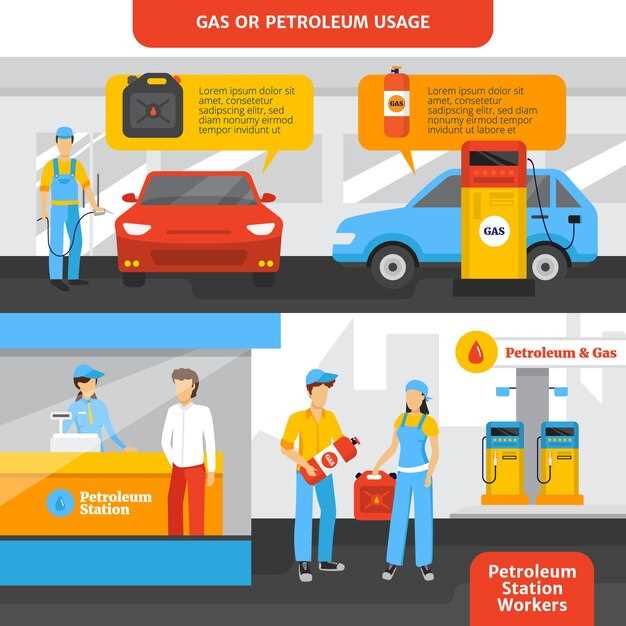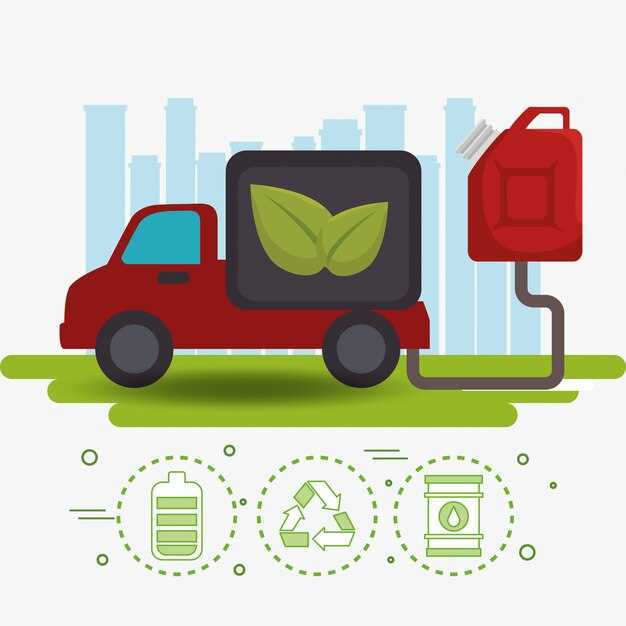
In today’s economy, managing fuel expenses is crucial for any pickup truck owner. Rising fuel prices can significantly impact your budget, especially for those who rely on their trucks for daily work or recreation. However, there are several effective strategies that can help you reduce these costs without sacrificing performance or utility.
One of the primary factors affecting fuel efficiency is driving behavior. Adopting a more mindful approach to how you operate your vehicle can lead to immediate savings. Avoiding rapid acceleration, maintaining a steady speed, and utilizing cruise control on highways can help you maximize fuel efficiency. Additionally, understanding the optimal speed range for your vehicle can play a significant role in reducing fuel consumption.
Another critical aspect to consider is the maintenance of your pickup truck. Regularly servicing your vehicle–such as checking tire pressure, replacing air filters, and ensuring your engine is running smoothly–can significantly enhance fuel efficiency. Ignoring these maintenance tasks can lead to decreased performance and increased fuel usage over time. By staying on top of your truck’s upkeep, you can enjoy longer trips between fill-ups and more cost-effective operation overall.
Furthermore, exploring additional modifications and upgrades specific to fuel economy can yield substantial benefits. Options such as installing a more efficient exhaust system, aerodynamic accessories, or even investing in fuel additives can contribute to prolonged fuel savings. Being proactive and informed allows you to make the most out of your investment in your pickup truck.
Optimize Your Driving Habits for Better Fuel Economy

Adopting better driving habits can significantly improve your pickup truck’s fuel efficiency. One of the most effective methods is to maintain a steady speed. Frequent acceleration and hard braking increase fuel consumption. Use cruise control on highways to help maintain a constant speed, allowing your engine to operate efficiently.
Avoid aggressive driving practices such as rapid acceleration or high-speed driving. These behaviors can decrease fuel economy by up to 33% on highways and 5% in city driving. Instead, accelerate smoothly and gradually reach your desired speed. Additionally, try to anticipate traffic flow and reduce speed as traffic slows down to minimize unnecessary braking.
Keep your vehicle well-maintained to ensure optimal performance. Regular oil changes, air filter replacements, and spark plug checks can improve fuel efficiency. A well-tuned engine operates more effectively, resulting in better fuel consumption.
Monitor tire pressure regularly. Under-inflated tires create rolling resistance, which can lead to increased fuel usage. Ensure your tires are inflated according to the manufacturer’s specifications for maximum efficiency. Also, consider removing unnecessary weight from your truck. Extra cargo can reduce fuel economy, so keep your truck clear of heavy items when not in use.
Avoid excessive idling, as it consumes fuel without providing any mileage. If you anticipate being stopped for more than a minute or two, it is more fuel-efficient to turn off the engine and restart it when needed. Lastly, plan your trips efficiently to reduce driving distance and consolidate errands. This not only saves fuel but also reduces wear and tear on your vehicle.
Maintain Your Pickup Truck to Maximize Fuel Efficiency
Regular maintenance of your pickup truck is crucial for maximizing fuel efficiency. By following a structured maintenance schedule, you can ensure that your vehicle operates optimally, thus reducing fuel costs over time.
First, keep an eye on your engine’s health. Regular oil changes help reduce friction between moving parts, enabling the engine to run smoothly. Use the manufacturer-recommended oil type, and replace the oil filter during each change to maintain optimal oil flow.
Next, focus on the air filter. A clean air filter allows for better airflow to the engine, which improves combustion efficiency. Check the air filter every 15,000 miles and replace it if it appears dirty or clogged.
Tire maintenance plays a significant role in fuel efficiency. Ensure that your tires are properly inflated to the recommended pressure. Under-inflated tires create more rolling resistance, leading to increased fuel consumption. Additionally, rotate your tires regularly to promote even wear and prolong their lifespan.
Another important aspect is the fuel system. Using high-quality fuel and keeping the fuel injectors clean can enhance engine performance. Consider using fuel additives that can clean fuel injectors and improve combustion efficiency.
Regularly check your truck’s spark plugs as well. Worn or dirty spark plugs can disrupt the combustion process, resulting in poor fuel economy. Replace spark plugs as per the maintenance schedule provided in your owner’s manual.
Lastly, keep your pickup truck clean and free of excess weight. Extra cargo can significantly lower fuel efficiency. Regularly removing unnecessary items from the bed and ensuring that your trunk is not overloaded can help maintain fuel economy.
By implementing these maintenance practices, you can optimize your pickup truck’s performance, ultimately leading to reduced fuel costs and a more efficient driving experience.
Choose the Right Accessories to Lower Fuel Expenses

Selecting the appropriate accessories for your pickup truck can significantly reduce fuel expenses. The right modifications can enhance aerodynamics, decrease weight, and improve overall efficiency. Here are key accessories to consider:
- Bed Covers: Installing a tonneau cover can reduce wind resistance and improve aerodynamics. This accessory helps maintain a streamlined shape, which ultimately leads to better fuel economy.
- Air Intake Systems: Upgrading to a high-performance air intake system increases air flow to the engine. This modification can enhance engine efficiency and power, leading to improved fuel consumption.
- Performance Exhaust Systems: A performance exhaust system can help your engine expel gases more efficiently. This upgrade often results in increased horsepower and torque, allowing for lower fuel usage during acceleration.
- Lightweight Wheels: Replacing stock wheels with lightweight options can reduce the overall weight of the vehicle. This reduction in weight helps improve fuel efficiency and enhances handling.
- Tire Pressure Monitoring Systems (TPMS): Maintaining proper tire pressure is crucial for fuel efficiency. A TPMS can alert you to any under-inflated tires, thus preventing additional fuel consumption caused by rolling resistance.
- Wind Deflectors: Installing wind deflectors can help minimize drag created by wind hitting the truck’s body. This small adjustment can lead to noticeable improvements in fuel economy, especially at highway speeds.
Choosing the right accessories not only lowers fuel expenses but also enhances the overall performance of your pickup truck. Invest carefully and reap the benefits of improved efficiency over time.
